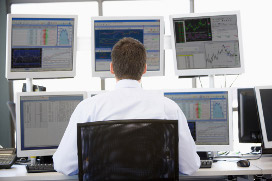
Is it possible for private investors to start trading currencies? Yes, it’s possible. Anyone dedicated, methodical, and practical can learn everything there is to know About Forex Trading.
You must be organized and work intelligently to become a forex trader and make money consistently.
The success of a trader in the foreign exchange market is determined by his or her trading strategy as well as the discipline with which he or she implements it.
The articles below will teach you the principles you’ll need to invest in the FX market like a professional trader.
Although these suggestions are simple, most investors lack the psychological profile and rigor required to establish a skilled trader’s attitude. You can also study our articles on trader psychology to expand your knowledge and develop the discipline required to use a Forex Trading Strategy effectively.

This short guide is meant for new traders, and it explains the fundamentals of forex trading: demo accounts, spreads, leverage, lot sizes, types of orders…
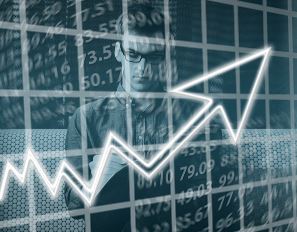
When learning how to trade, there are several steps to take. Let’s have a look at the six steps that a beginner will encounter on his path.

You will learn how to become a professional trader or a home-based trader in this post.

Learning the ropes on one’s own can take a long time for some traders. Formal training methods are the way to go for people who wish to become professional traders quickly.

Trading books can help you learn how to trade. They are usually inexpensive when compared to official training courses and give a lot of information.

Some pointers on how to avoid the common blunders made by new traders. Know the trading conditions of your broker, protect your winnings, follow the trend, create a strategy, manage risk, and so on…
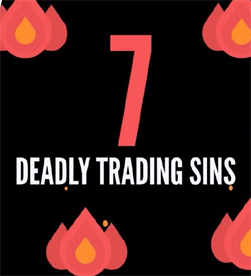
Traders should avoid the following seven fatal trading sins. Putting 2% of your account at risk, being greedy, day-trading and scalping, technical indicators, arrogance, employing exotic currency pairs, and overthinking it.

There is no one-size-fits-all formula for being a successful FX trader. As many traders as there are techniques to trading. On the other hand, Professional traders have some characteristics in common when it comes to how they approach currency trading.

Here’s a well-organized list of the key information you’ll need to become a successful trader. Even though the fact that this list isn’t thorough, you’ll find the following suggestions to be helpful.

You may access the greatest stock market shares through a brokerage account, but do you need to open a cash trading account or a margin account?
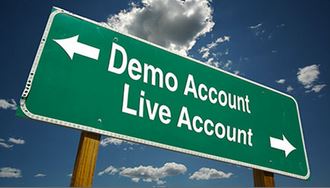
Even if a trader performs admirably on a demo account, his returns on a live account are frequently vastly different.

Demo accounts are perfect for learning how to trade without putting your money at risk. They do not, however, allow you to improve your trading psychology.

The shift from a demo account to a real trading account is tough and frequently results in losses at first. Here are a few pointers to help you determine whether you are well prepared. Before you spend your money in the cruel world of forex trading, make sure you go over this checklist.

Traders frequently lose money due to a lack of discipline or rigor. Ironically, these investors are frequently aware of why they failed, but they are unable to acquire a professional trader’s perspective. Here are some reasons why skilled forex traders are successful.
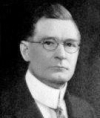
During the Great Depression, William Delbert Gann, a well-known American trader (1878-1955), made $50 million. He made 479 trades in 1933, 422 of which were winners, resulting in a total gain of 4000 percent!
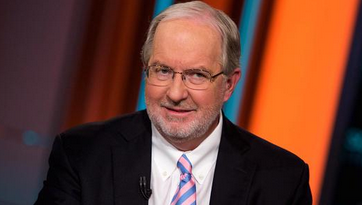
Since July 1975, Dennis Gartman has been closely involved in the capital markets.

A gregarious instinct (or “herd mentality”) is a term used in forex trading to describe traders who mindlessly follow the crowd’s trend. The well-known investment maxim “the trend is your friend” is frequently followed by these traders.
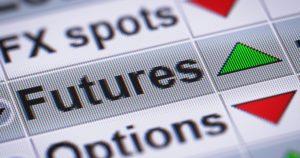
Futures are one of the oldest types of derivatives. They were developed for farmers who needed to protect themselves from price fluctuations in their crops between planting and harvest.

This book for beginners explains what commodity trading entails, as well as provides investment advice and sample techniques. In addition, we provide a list of the leading commodity brokers.
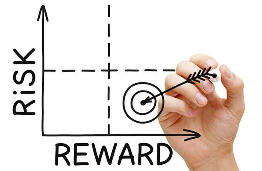
The most important aspects of risk management in trading: the risk/reward ratio, position-sizing, and the fixed risk in pounds (or euros, or dollars) versus risk as a percentage.

This article, published by a skilled trader, discusses three risk management strategies. Risk management and position sizing can distinguish between two traders who employ the same entry and exit points.
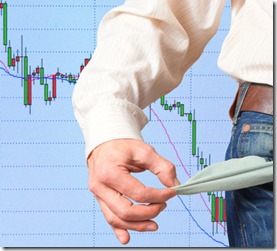
How to figure out how much money you’re willing to risk before you have to stop trading (also known as the “point of ruin” or “maximum drawdown”).

Money management allows you to maintain control over each trade’s risk/reward ratio. Management rules about stops and position sizes, considerably boost the possibility of making money in the long run. In forex trading, mastering risk is essential for success.
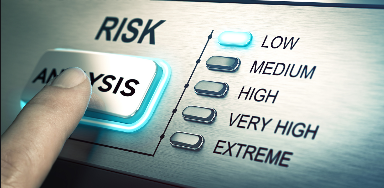
Based on the risk level you’ve chosen and the performance of your strategy, this system will inform you how much you can put into a position.

A forex trading plan helps traders avoid making mistakes. It consists of a set of rules that precisely define the trading strategy, money management and the management of emotions.

For forex traders who are driven by their emotions, a hybrid trading method that combines a mechanical (or automatic) approach with a discretionary approach can be appropriate.
